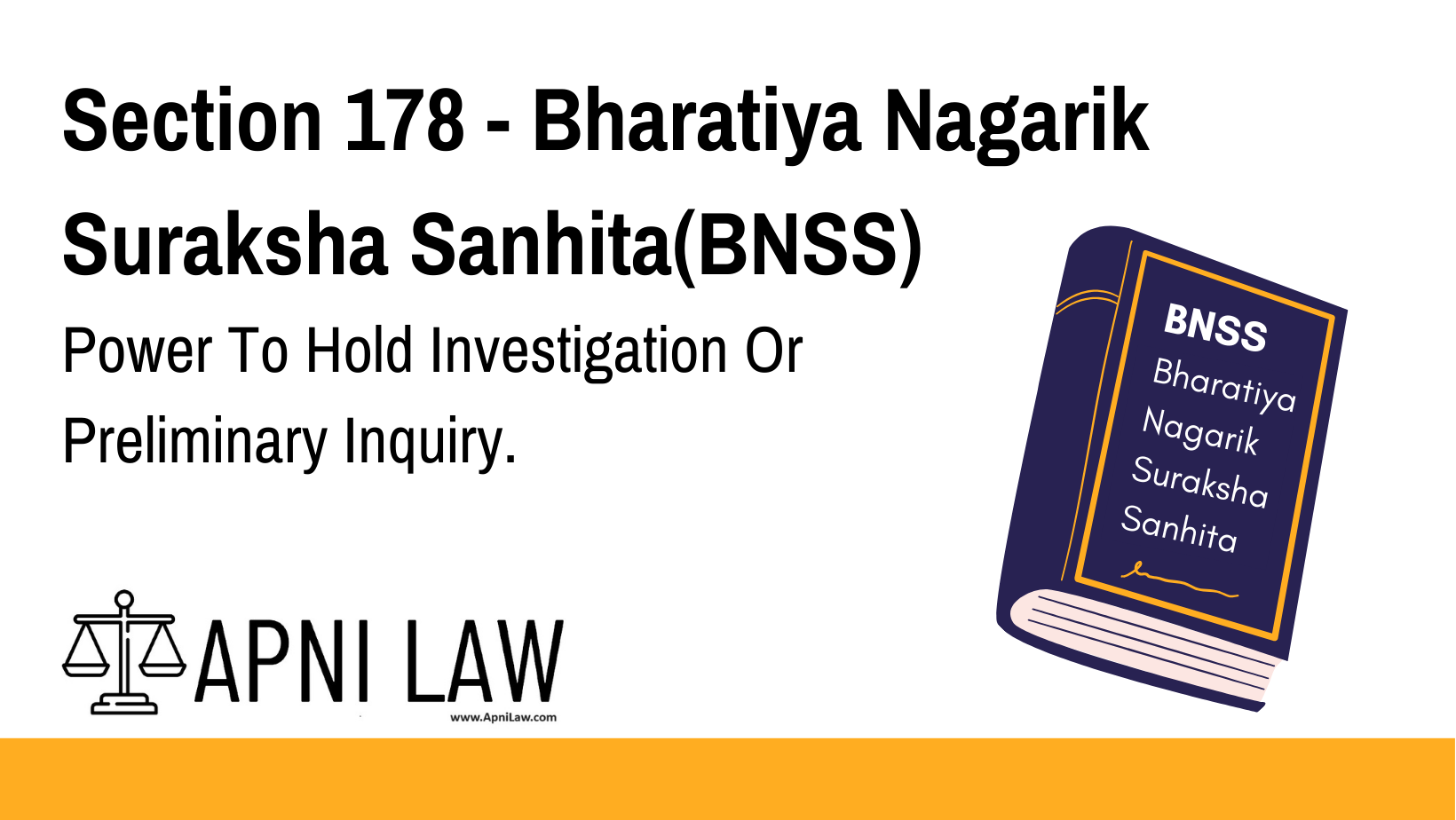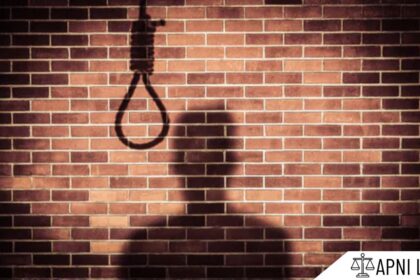Code:
The Magistrate, on receiving a report under section 176, may direct an
investigation, or, if he thinks fit, at once proceed, or depute any Magistrate subordinate to
him to proceed, to hold a preliminary inquiry into, or otherwise to dispose of, the case in the
manner provided in this Sanhita.
Explanation:
This section of the Bharatiya Nagarik Suraksha Sanhita (BNSS) outlines the powers and procedures a Magistrate has when they receive a report under Section 176. The report in question usually refers to a case that requires further investigation, particularly one involving a non-cognizable offense. The Magistrate has the authority to make decisions regarding the case, which may include:
- Directing an investigation: The Magistrate can order an investigation into the reported case, usually by the police.
- Proceeding directly: The Magistrate can choose to directly proceed with the case, bypassing an investigation and moving directly to a preliminary inquiry or disposing of it themselves.
- Deputing a subordinate Magistrate: The Magistrate can delegate the responsibility of conducting a preliminary inquiry or disposing of the case to a subordinate Magistrate.
The Magistrate’s ultimate goal is to ensure that the case is handled appropriately and that justice is served. They have the discretion to choose the most suitable course of action based on the specific details of the case and the available evidence.
Illustration:
Imagine a person files a complaint alleging theft of their belongings. This is a non-cognizable offense. The Magistrate, upon receiving the report, can:
- Order the police to investigate the theft, gathering evidence and interviewing witnesses.
- Directly begin a preliminary inquiry by summoning the accused and examining the available evidence.
- Assign the case to a subordinate Magistrate to conduct a preliminary inquiry and potentially issue a summons to the accused.
Common Questions and Answers:
Q1. What is a non-cognizable offense?
A non-cognizable offense is an offense where the police cannot arrest a person without a warrant from a Magistrate. Examples include minor theft, assault, or defamation.
Q2. What is a preliminary inquiry?
A preliminary inquiry is a formal investigation conducted by the Magistrate to determine if there is sufficient evidence to proceed with a trial.
Q3. How does this section differ from the previous CRPC section?
BNSS Section 176(1) is essentially a restatement of the previous CRPC section with minimal changes. The main difference is the use of “this Sanhita” referring to the BNSS, instead of “this Code” referring to the CRPC.








